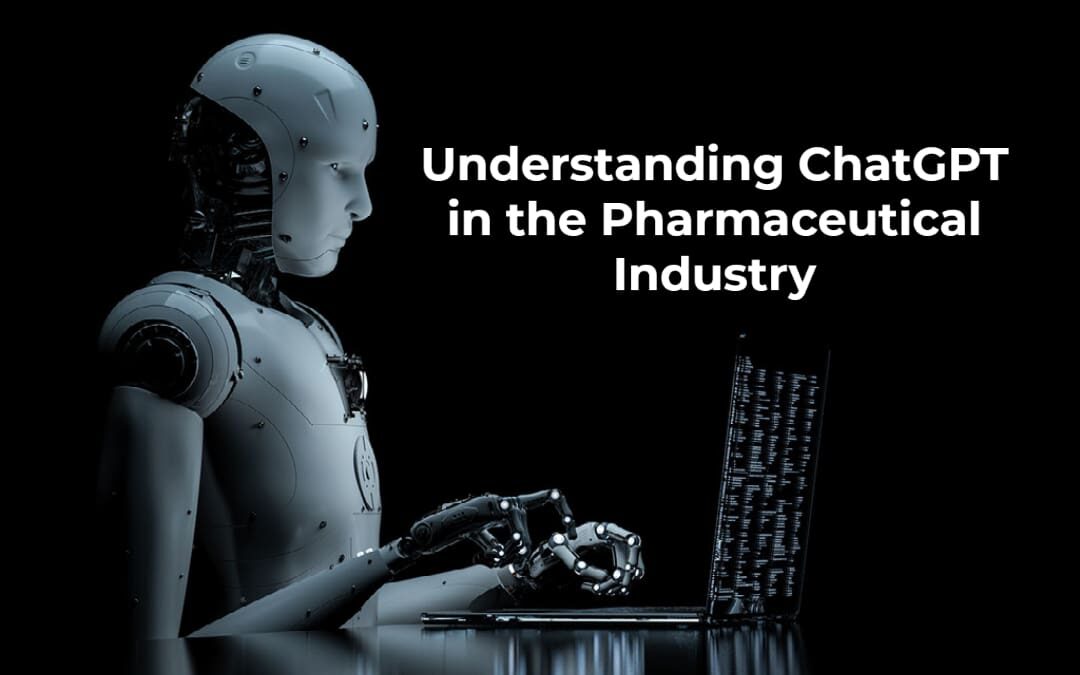Introduction to the Role of a QA Professional in the Pharmaceutical Industry
Overview of Quality Assurance (QA) Professional
The role of a Quality Assurance (QA) professional in the pharmaceutical industry is to ensure that the products manufactured and distributed by a company meet the necessary quality standards set by regulatory bodies such as the FDA. QA professionals are responsible for implementing and maintaining a company’s quality management system, conducting internal audits, and ensuring compliance with GMP regulations.
Importance of ChatGPT Technology
In recent years, there has been a growing trend towards the use of artificial intelligence and machine learning technology in the pharmaceutical industry. ChatGPT is a cutting-edge technology that offers a range of benefits to QA professionals, including increased efficiency, improved accuracy, and enhanced collaboration and communication. By integrating ChatGPT into the QA process, QA professionals can ensure that their company stays compliant with GMP regulations and remains at the forefront of the industry.
Understanding ChatGPT in the Pharmaceutical Industry
Overview of the Regulatory Landscape for Pharmaceuticals
The pharmaceutical industry is heavily regulated by several organizations, including the Food and Drug Administration (FDA) in the United States, the International Council for Harmonisation of Technical Requirements for Pharmaceuticals for Human Use (ICH), and other national regulatory bodies.
These organizations set strict guidelines and standards for the development, manufacturing, and distribution of pharmaceutical products, with the primary aim of protecting public health and ensuring the safety of patients
Understanding GMP Regulations for Pharmaceuticals
Good Manufacturing Practices (GMP) regulations are a key component of the regulatory landscape for the pharmaceutical industry. GMP regulations set out the standards for the quality control, quality assurance, and manufacturing processes of pharmaceutical products, with the goal of ensuring that all products are of a consistent quality and meet the necessary safety standards.
How ChatGPT Can Support Compliance with GMP Regulations
ChatGPT technology can play a significant role in supporting compliance with GMP regulations in the pharmaceutical industry. By automating many of the time-consuming and manual processes involved in the QA process, ChatGPT can help QA professionals to identify and address potential issues more quickly and efficiently.
Additionally, ChatGPT can provide real-time data analysis and reporting, allowing QA professionals to monitor the status of their operations in real-time and make informed decisions about how to maintain compliance with GMP regulations.
Implementing ChatGPT in the QA Process
Steps for Integrating ChatGPT into the QA Process
- Define the objectives and goals for using ChatGPT in the QA process.
- Identify the specific areas in the QA process where ChatGPT can provide the most value.
- Evaluate and select a ChatGPT platform that meets the needs of the organization.
- Train QA personnel on how to use ChatGPT and integrate it into their workflow.
- Implement ChatGPT and monitor its performance to ensure that it is meeting the defined objectives and goals.
- Continuously evaluate and optimize the use of ChatGPT in the QA process.
Best Practices for Using ChatGPT in the QA Process
- Clearly define the objectives and goals for using ChatGPT in the QA process.
- Involve QA personnel in the selection and implementation process to ensure that ChatGPT is integrated into their workflow effectively.
- Continuously monitor and evaluate the performance of ChatGPT to ensure that it is meeting the defined objectives and goals.
- Continuously improve the use of ChatGPT by incorporating feedback from QA personnel and making updates to the platform as needed.
Common Use Cases for ChatGPT in the Pharmaceutical Industry
- Automating manual processes in the QA process, such as data entry and analysis.
- Monitoring and reporting on compliance with GMP regulations in real-time.
- Providing real-time data analysis to support informed decision-making.
- Automating the identification and resolution of potential issues in the QA process.
- Providing automated training and education for QA personnel.
Revolutionizing Pharmaceutical Industry with ChatGPT
Introduction: ChatGPT-4 is an artificial intelligence (AI) language model developed by OpenAI. It is one of the most advanced language models in...
What are Key Points to Consider Before Signing with a CSPs
The use of cloud technology in GxP operations has become increasingly common among life science companies as they seek to advance their operations....
Evaluate GxP Software Systems with Comprehensive Checklist
In regulated industries such as pharmaceuticals, medical devices, and biotechnology, the deployment of GxP (Good Practices) software systems is...
Exploring Benefits on Cloud Computing, On-Premise Data Store
Benefits of using Cloud Computing Compared to On-premises Data Centers Cloud computing has become increasingly popular in recent years, offering...
What is Cloud Computing? Types of Models and Technical Info
What is cloud computing? Cloud computing is an innovative and transformative technology that has upended conventional methods of storing, accessing,...
Strategic ChatGPT Prompts for Pharmaceutical Firm | GxPorbit
What is ChatGPT? ChatGPT is an artificial intelligence model developed by OpenAI. It is a type of language model that has been trained on a large...

Office Address
No 182, Zhaohui Road, Hangzhou 310014, China
No 139, Mayuri Nagar, Hyderabad 500049, India
Quick Services

